Research Projects
Quantitative Imaging & Informatics Laboratory
On-going Projects
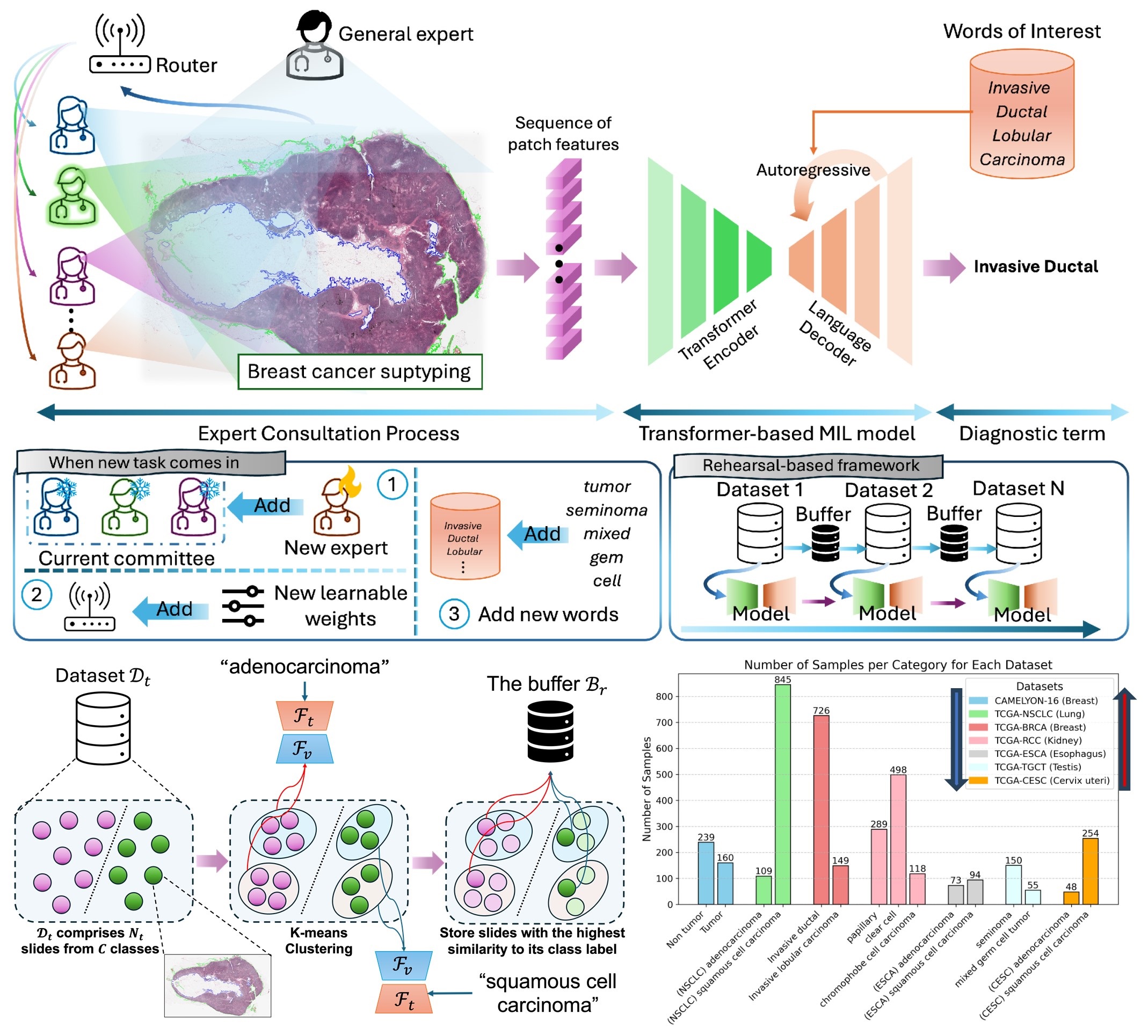
Multi-purpose Adaptive Scalable Total Aritificial Intelligence Solution for Digital Pathology
The objective of this project is to develop a unified, multi-pupose, adaptive, and scalable AI solution that is applicable to a wide range of digital pathology applications with minimal human intervention.
- Design a unified AI architecture that integrates an image visual encoder with a language decoder for multi-purpose digital pathology analysis
- Develop a scalable AI technology that combines continual learning while data privacy-preserving learning
- Develop an adaptive multi-reference inference technique that enhances inference performance through feature refinement and token adaptation

Development of Software for Generating and Analyzing Collateral Imaging
In collabolation with Prof. Hyun Jeong Kim at Catholic University, St. Mary's Hospital, Korea and Prof. Hong Gee Roh at Konkuk Unviersity Medical Center, KoreaThe objective of this joint project is to develop and validate automated software for the generation and analysis of collateral imaging that can be readily used in clinics to aid in improving diagnostic accuracy and efficiency for ischemic stroke. The role of QuIIL is to develop AI software for collateral imaging.
- Develop an AI tool for automated generation of collateral imaging
- Develop AI models for stroke segmentation and collateral grading
- Develop integated software for automated generation and analysis of collateral imaging
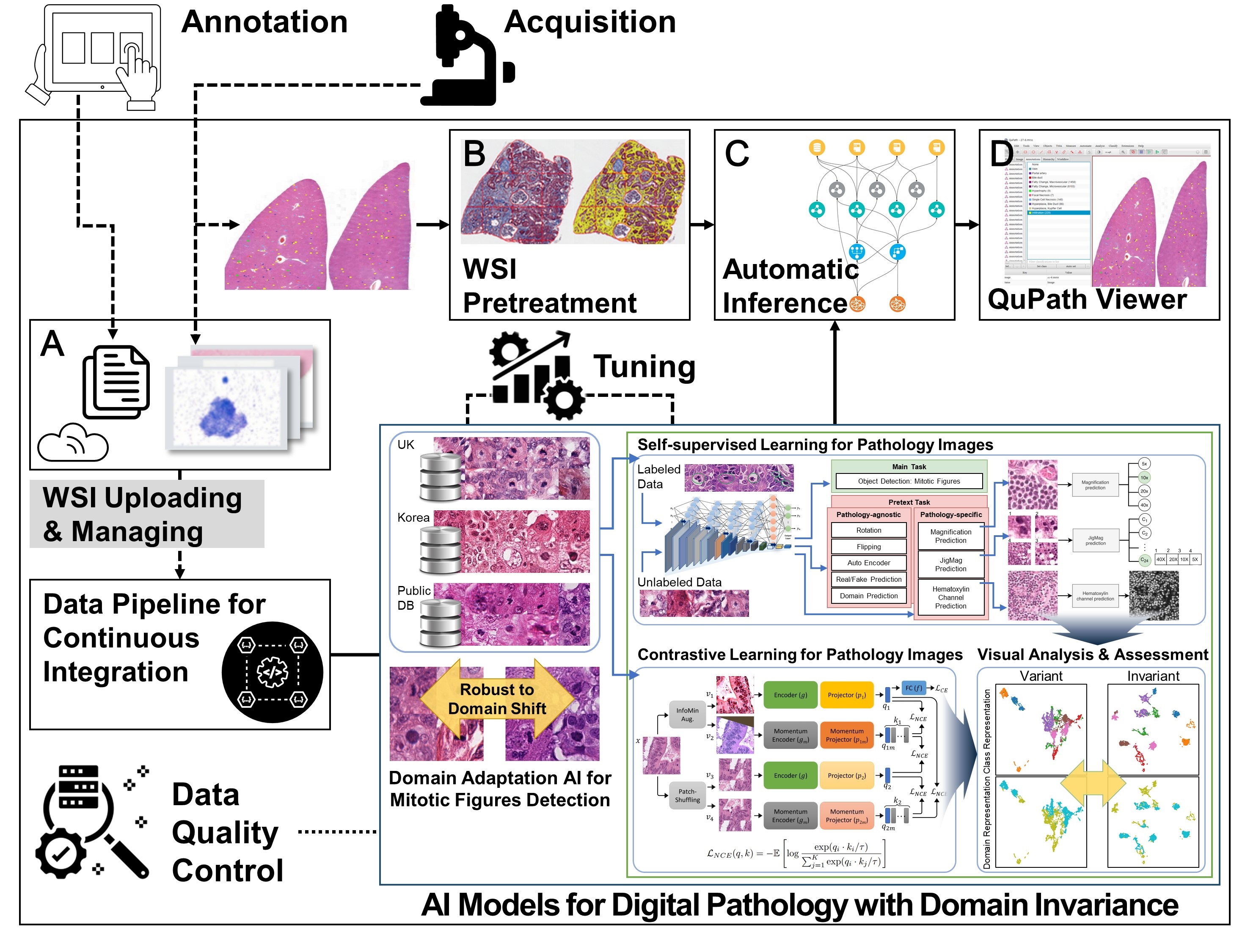
MitProfiler: Profiling of Mitotic Figures in Digitised Images
In collabolation with Bohung Kim, CTO at CNAI, Korea and Dr. Nasir Rajpoot, CSO at Histofy LTD, UKThe objective of this international joint project is to develop and deploy a cloud-based AI tool MitProfiler for pathology that can be readily used in a practical setting across multiple institutions and for multiple purposes. The role of QuIIL is to develop and evaluate a domain invariant AI model.
- Investigate into domain-shift issues with the current AI solution for mitotic figures detection
- Develop a contrastive learning-based domain-invariant AI method for mitotic figures detection
- Conduct external validation of mitotic figures detection in the laboratory and cloud envrionment
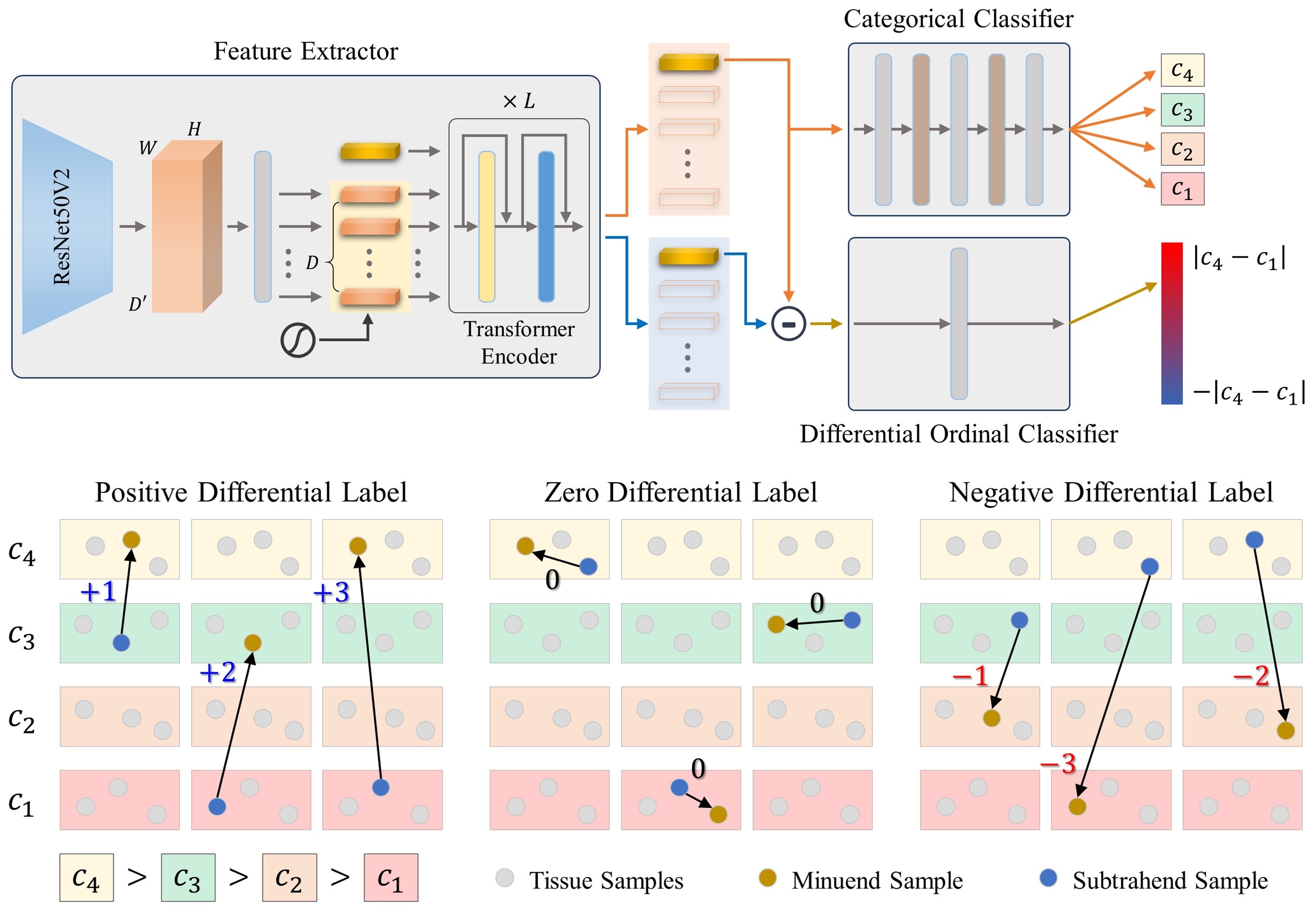
Order Learning Laboratory: AI for Comparative Data Analysis and Assessment
This is a joint project led by Prof. Chang-su Kim. The role of QuIIL is to investigate and apply a new machine learning paradigm, i.e., order learning, on medical imaging domains.
- Develop a ranking-based framework to integrate hierarchy of datasets into AI models
- Develop an order learning-based AI models for an improved decision-making in disease diagnosis
Past Projects
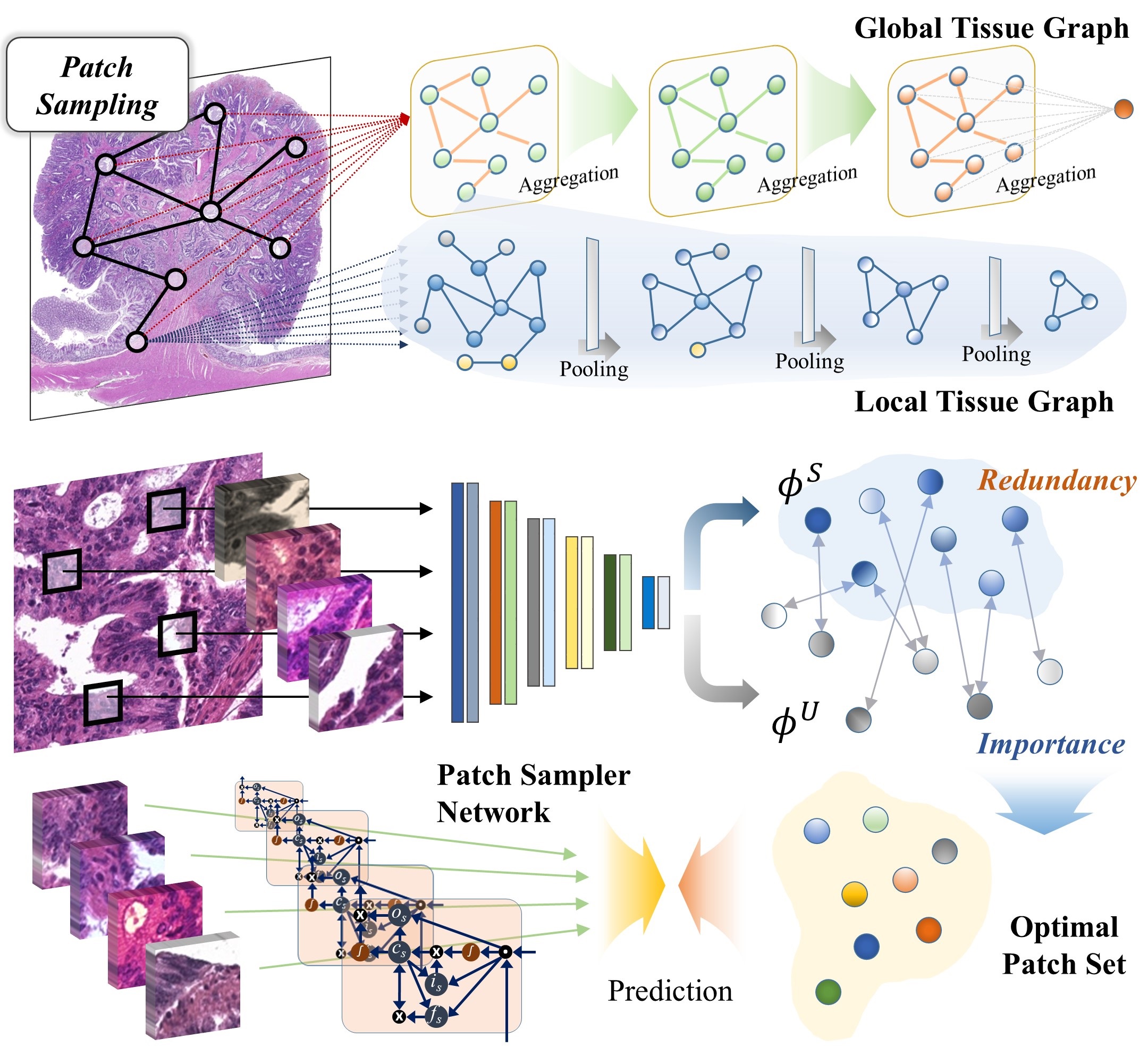
AI for Multi-scale Multi-level Graph Analysis
This projects aims at developing multi-scale multi-level graph techniques for an effective and efficient analysis of high-resolution, large-scale digital pathology images that can lead to an improved learning capability of AI and precise disease diagnosis.
- Design a multi-scale feature processing block to extract and utilize the global and local context
- Develop a patch sampling framework for an effective construction of a graph netowkr in large-scale images
- Develop a multi-scale multi-level graph neural network to improve decision making in large-scale images
- Develop a knowledge distillation technique for a graph neural network
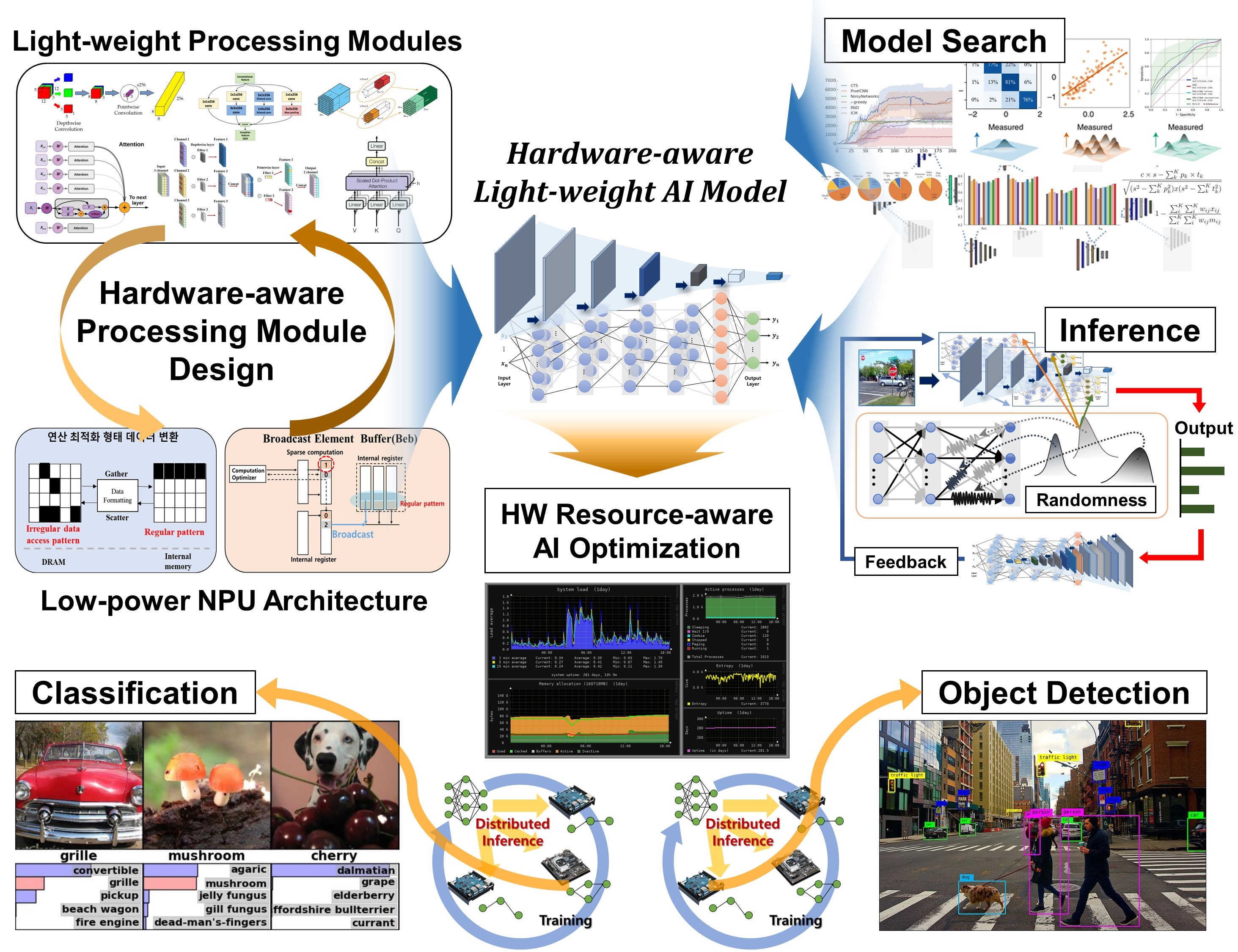
Light-weight AI & Neural Processing Unit for Intelligent Edge Device
In collabolation with Prof. Giho Park at Sejong University, Korea and Prof. Hyesoon Kim at Georgia Tech, USAThe objective of this international joint project is to conduct co-design of a neural processing unit (NPU) architecture and a light-weight AI model for an intelligent edge device. The role of QuIIL is to develop a hardware resource-aware light-weight AI model.
- Develop a light-weight AI model architecture and processing modules to construct an energy- and resource-efficient AI model
- Develop AI neural architecture search and optimizatoin techniques to reduce model complexity and to improve model performance
- Develop an efficient AI inference model for accurate and robust inference in various detection and recognition tasks
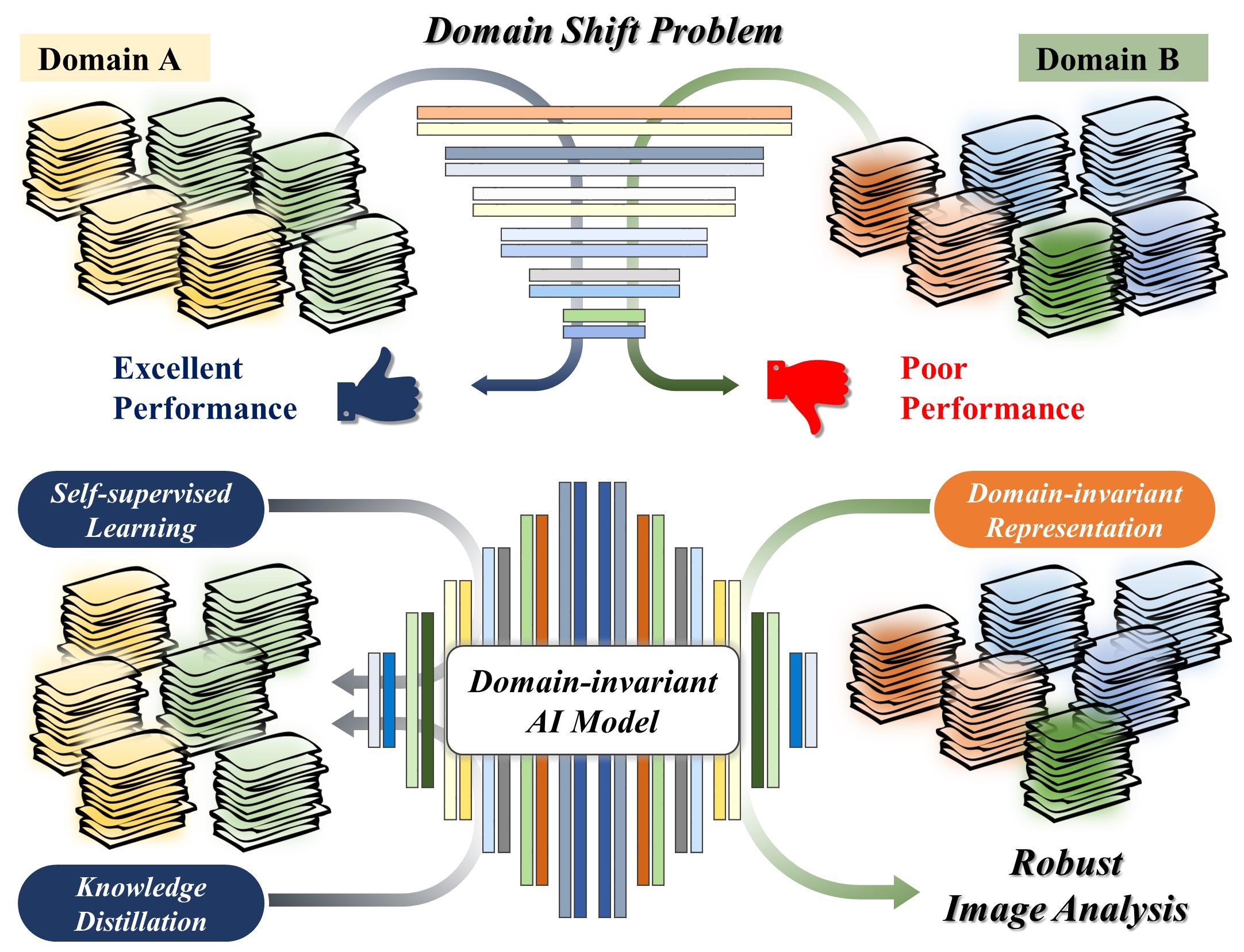
Domain-Invariant AI for Robust Image Analysis
In collabolation with Prof. Nasir Rajopoot at University of Warwick, UKThe main objective of this project is to develop an AI-based image analysis framework that can resolve the domain-shift problem in computational pathology and is widely applicable without facing performance degradation.
- Conduct an independent and cross-domain validation of AI algorithms to investigate the effect of domain-shift on pathology image analysis
- Develop a framework for domain-invariant tissue representations and test the framework for the two AI algorithms at both ends
- Develop a web interface to collect external histology images and to construct an enhanced dataset for testing and validation of the AI algorithms’ robustness

Unsupervised AI for Heterogeneous Medical Data
In collabolation with Prof. Purang Abolmaesumi at University of British Columbia (UBC), CanadaThe main objective of this international collaboration research project is to develop unsupervised learning-based artificial intelligence for the analysis of heterogeneous datasets.
- Construct a multi-modal, heterogeneous database to develop unsupervsied AI models
- Develop an unsupervised feature learning framework, including data sampling techniques and objective functions, to explore and utilize unlabeled datasets
- Evaluate the proposed unsupervsied AI models in comparison to the up-to-date supervised and unsupervised models